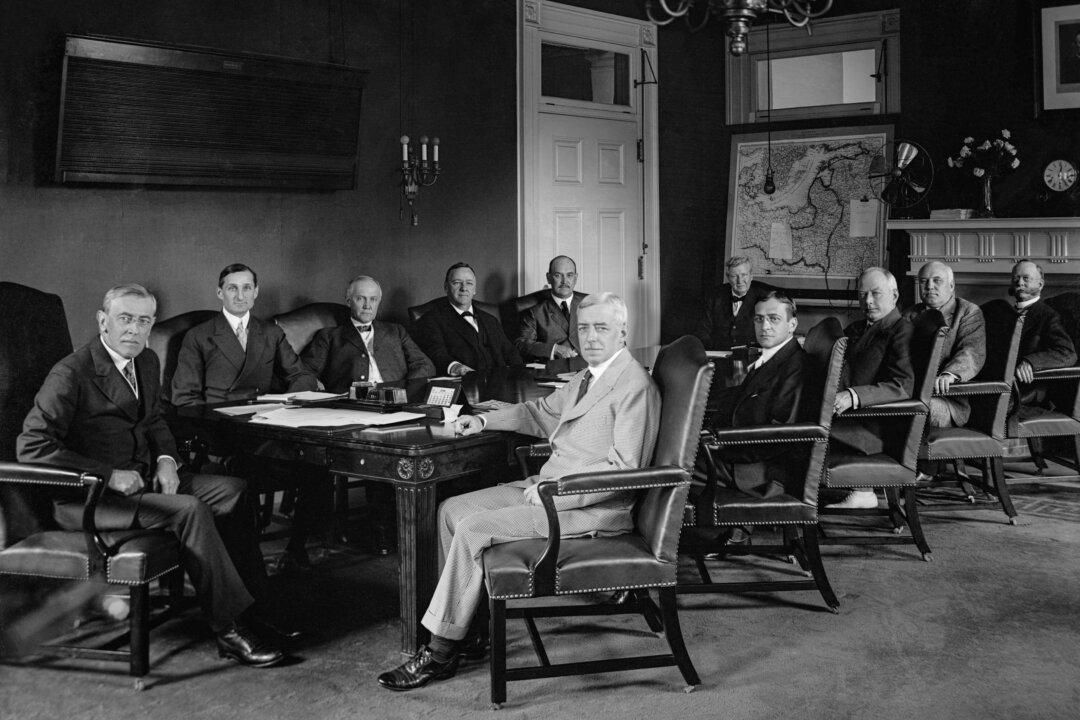Commentary
These days, you can easily find signs of panic about the status of career public servants and their future. They are said to be hated by the public, targeted by political enemies, hounded by the courts. You can count on reliable allies in academia and media willing to testify that the attacks are unfair, undemocratic, even dangerous. This debate is being had not just in the United States but all over Europe and Latin America too, with the defenders and critics of administrative rule pitted against one another.





